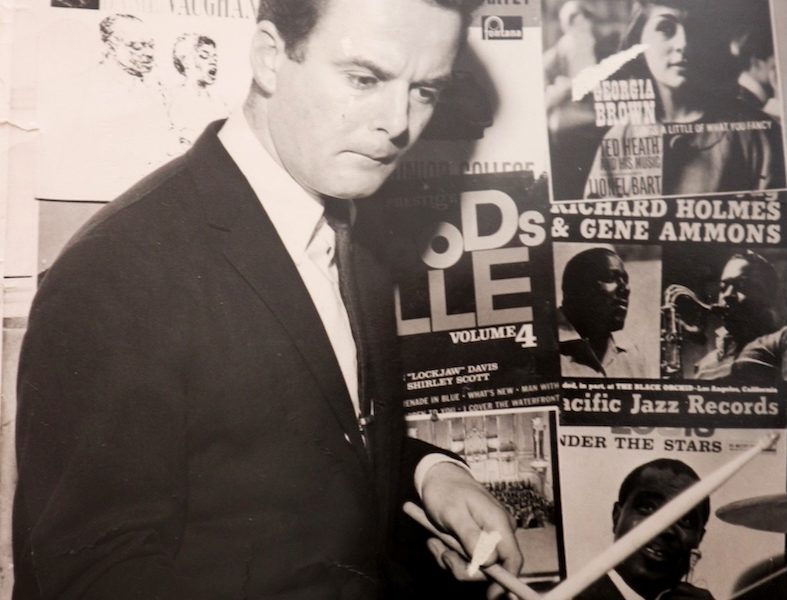THE role of a Downend musician in Bristol’s jazz scene has been recorded for posterity after an interview with him was added to the city’s archives.
Graham Tanner founded a modern jazz club which held sessions at the Colston Hall and brought American musicians over to play in the city.
He died in 2023, more than five years after being diagnosed with Alzheimer’s disease.
No recordings of Graham playing are believed to exist – but now his widow Frances has heard him speaking again, after she was sent a copy of a taped interview he gave about his music.
Born in Overndale Road in 1936, Graham went to Christ Church and Staple Hill Secondary Modern schools before attending technical college in Cheltenham.
He worked as a draughtsman for engineering firm Strachan & Henshaw in St Philip’s, where he met Frances.
She said: “His career was as a draughtsman but music was what carried him through life.”
In 1963 he started the Green Room club at Colston Hall to provide somewhere for modern jazz fans to play and hear the music.
Frances said: “Bristol was very much a trad jazz place but he loved modern jazz.”
Graham also played for dance bands at Bristol venues, including the White Swan in Stokes Croft and the Black Swan in Easton, and also played further afield in Gloucestershire and Wales.
While the dance bands paid better, playing jazz was his passion and he brought over American jazz musicians Stan Kenton and Woody Herman to play in Bristol, where they stayed at the family home.
Later they returned the favour, inviting Graham and Frances to Los Angeles to visit their studio.
Graham also played a memorable charity concert at the Globe Theatre in 1993 to fund its construction, and continued performing into the late 1990s.
A father of three, with six grandchildren, he was also a member of Cleeve Hill Tennis Club from the age of 15 into his 70s.
The interview was recorded in 1990 for a book called Gigging, Busking and Bending the Dots, by Bristol writer John Berry.
Frances was contacted by Bristol Archives to clear its licensing so it can be shared online.
He told the interviewer: “Playing with people of world renown was for me, I suppose, a hell of a cheek.”
However Frances says Graham did not realise how good other musicians thought he was.
She said: “It was only after the funeral I was told he was considered the best jazz drummer in Bristol – I had no idea, and I don’t think he had any idea either.
“It’s emotional hearing someone’s voice when they’re gone.
“The sad thing is that one thing we haven’t got is any recordings of him playing.”


